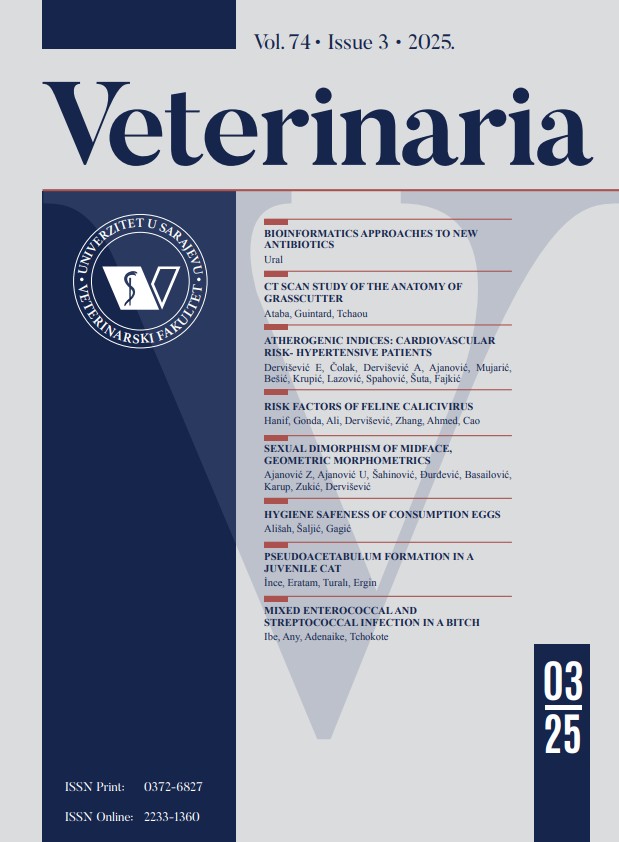Toxoplasmosis: a global zoonosis
Keywords:
toxoplasmosis, pregnancy, congenital infection, cat, zoonosisAbstract
Toxoplasma gondii (T. gondii) is an obligate intracellular parasite historically recognized as the cause of human congenital toxoplasmosis. Recently, it has been the target microorganism of scientific research due to its unbelievable biological characteristics. Although it is traditionally studied because of its zoonotic potential, which enabled it to chronically infect about one third of the world’s human population, T. gondii is of high interest for veterinary medicine. In careless handling it easily causes contamination of meat and meat products, as much as it causes the vast losses in cattle breeding. Today, transmission by the members of the Feline species is no longer considered the primary source of the infection. Nevertheless, it is obvious that the primary source of transmission in humans are unwashed herbal food or undercooked meat. Results of recent research point to the ability of Toxoplasma to induce special neurological response in its host, increasing its infective potential. Furthermore, there are indices that latent existance of toxoplasma in its host induces an array of neurological and psychiatric conditions ranging from affective and cognitive dysregulations, through Parkinson’s and Alzheimer’s disease to schizophrenia.








